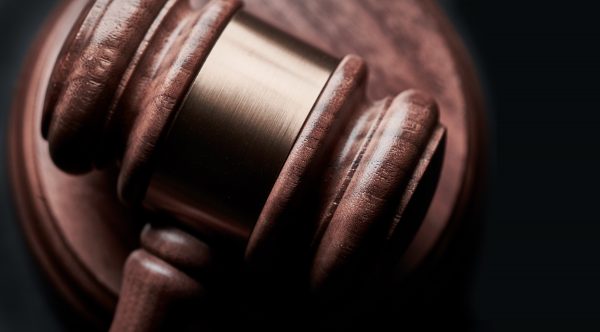The plans to roll out a new Media Law in Azerbaijan were announced in January 2021 following a Presidential Decree “on deepening media reforms in the Republic of Azerbaijan.” In addition to a new Media Law, the decree also called for an establishment of a brand new body, the Azerbaijani Agency for Media Development replacing the State Support Fund for Mass Media Development.
Six months after the initial announcement, the law is ready, but not for the public eye or independent journalists. The critics say, the law will further restrict the work of independent and opposition media platforms, while supporters argue the law will strengthen the media environment in the country.
According to Ahmad Ismayilov, the Executive Director at the newly set up Agency for Media Development, the law – which is currently being developed behind-closed-door discussions – will be evaluated by the parliament in its final form, and only after the reading at the parliament will be open to public debate.
What is known about some of the provisions
- one unified registry system for media outlets, their offices, and journalists in order to systematize information on media entities, their offices and staff (this specifically has caused dissatisfaction among independent journalists and bloggers, according to Turan News Agency reporting);
- the registration process requires that all print, online media platforms, news agencies, and journalists apply for registration;
- a separate body – Audiovisual Council – will register audiovisual media platforms;
- all media platforms and journalists registered through the system will receive certificates and press cards (valid for three years) respectively;
- the registration system does not apply to foreign journalists who will require to receive approval from the Ministry of Foreign Affairs;
- all media platforms must be legally registered and show proof of sustainability with registering;
- journalists registering through the system, will be required to meet a set of requirements – those without higher education, previous convictions won’t be registered; journalists must provide contracts with media platforms that must be registered within the system; journalists must provide at least three years of work experience or relevant work experience;
- the registry may remove media platforms and journalists already registered;
- the draft law will require internet television to obtain licenses in order to operate;
- the draft law will be submitted to the national parliament (no dates announced yet); put on the agenda and posted on the Parliament’s website. Only then will there be a discussion on the main provisions and assessments of the overall bill;
- the draft law prohibits state censorship and financing of the media;
- the draft law ensures pluralism and freedom of the media;
- according to one of the provisions, illegal interference in the work of journalists, their persecution, and harassment are inadmissible;
According to Rustam Ahmadov, director of the Media Development Agency’s Department for Work with Media Entities and Journalists and Media Support Projects, it is possible that the bill will be adopted in the first reading. But it is also possible the draft will be returned for revision, to address suggestions and comments. “Unfortunately, I can not say exactly when the bill will be submitted to the parliament,” Ahmadov told Turan News Agency in an interview.
Pundits’ response
Until the bill has been made public, it is hard to comment on its transparency said media lawyer Khalid Agaliyev in an interview with Turan News Agency. So far, the closed discussions are only creating doubts and eliminating optimism about the progress of the law, said a media lawyer.
Aghaliyev pointed to three issues about the draft law that is especially worrying, “unified registry of journalists, licensing of online media, the creation of a media register (that would also require registration of their staff). All three are seriously controversial in terms of the concept of the right to freedom of expression, and there are elements of discrimination.”
On the provision about single press cards Aghaliyev said, this provision would allow the government to choose who keeps tabs on the work the government does because, under normal circumstances, it is the media and journalists who exercise public control over government activities. Aghaliyev also pointed out that the right to access, prepare and disseminate information is not only given to journalists but to every citizen according to the Constitution and international agreements Azerbaijan signed. Enforcing the single card rule is not an additional opportunity. “There are editorial offices established in accordance with the law, there is an editorial policy, their press cards should suffice to take advantage of the opportunities created by the state for journalists,” said Aghaliyev.
On the provision about licensing internet television and one single registry, Aghaliyev said this would go against the right to freedom of expression. “Rules such as the creation of a register of all media outlets and the registration of those included in the register as journalists are seriously problematic and discriminatory in terms of the right to freedom of expression.”
Aghaliyev also reminded that a media registry already exists in Azerbaijan as newspapers must inform the Ministry of Justice and once approved, start operating. “In this case, the creation of a separate register indicates the intention to more easily control, direct and suppress the media and journalists.”

![news agency website DDoSed [updated]](https://www.az-netwatch.org/wp-content/uploads/2019/11/internet-screen-security-protection-60504-min.jpg)